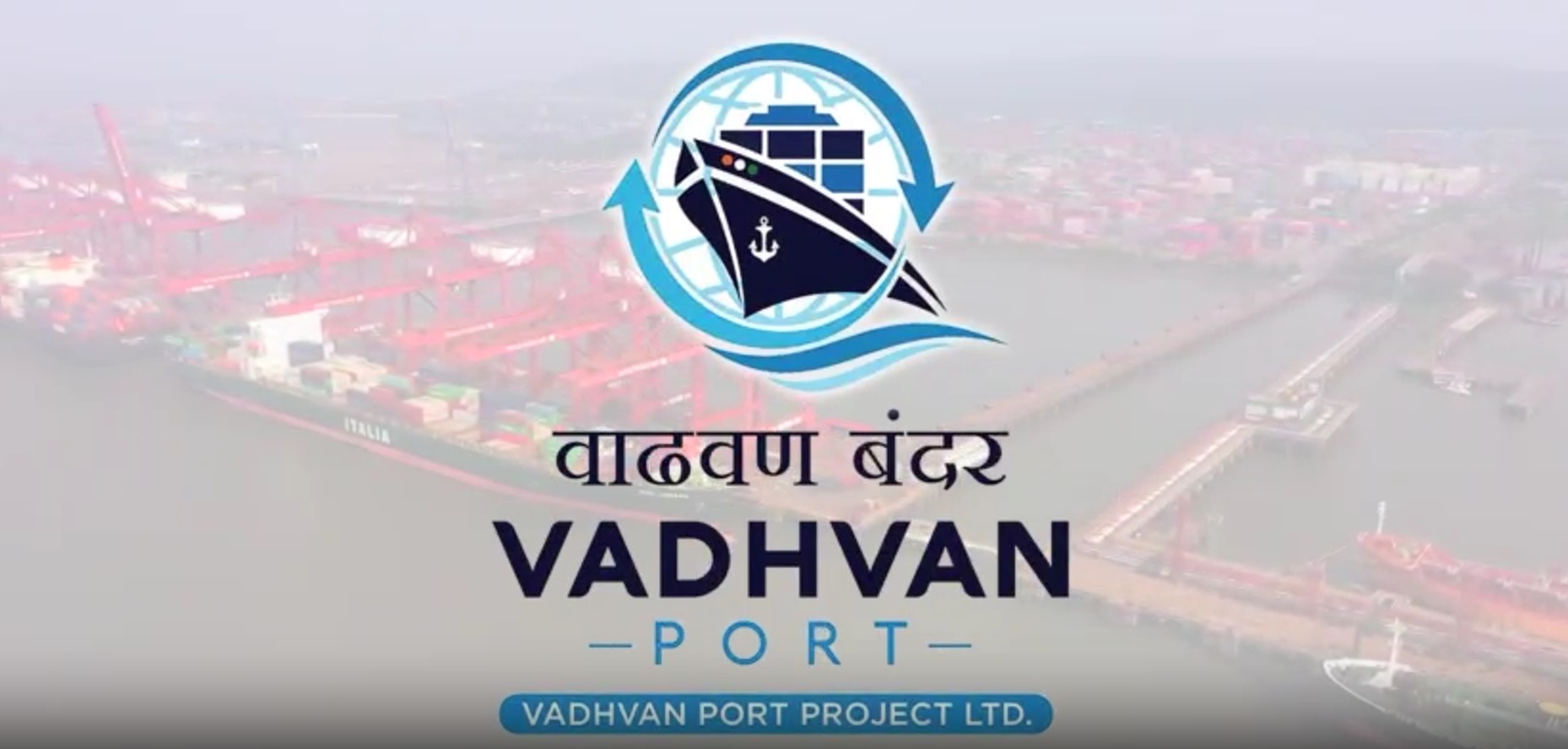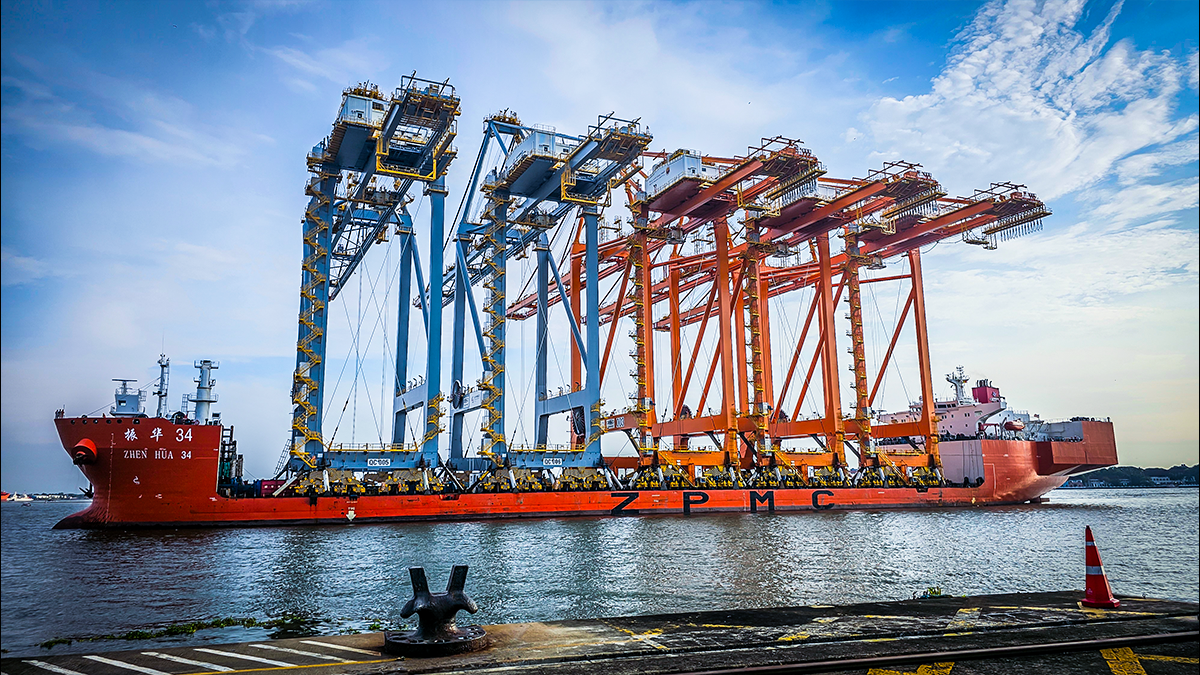The Palghar fishermen’s community challenging the “Bogus” coordination committee that supports the Vadhvan Port
Maharashtra’s ports, primarily Mumbai and JNPT, have struggled to keep up with growing cargo volumes due to space constraints and limited draft. To address this, the development of a new port at Vadhvan, north of Mumbai, was proposed. The government has stated that this location boasts a natural depth of 20 meters, ideal for large ships, and is well-connected to rail and road networks. A partnership between JNPA and the Maharashtra government, formalized in 2015, aimed to develop Vadhvan as a major port under the Indian Ports Act. This new port will be operated on a landlord model, that promises to significantly enhance Maharashtra’s maritime trade capabilities.
Unfortunately due to this the Palghar fishermen’s community is facing a significant challenge as the proposed Vadhvan Port development project advances. The project, which has been in the pipeline for several years, promises economic growth and employment opportunities. However, it also poses serious threats to the traditional livelihoods of local fishermen and the ecological balance of the region.
Concerns of the Fishermen
Local fishermen argue that the port’s construction will severely impact their fishing areas, leading to a loss of income and displacement. The coastal ecosystem, which is vital for their trade, could be disrupted by the dredging and construction activities associated with the port. The recent meeting between Maharashtra’s Chief Minister Eknath Shinde and a group of fishermen claiming to support the port has further fueled tensions. Many in the community believe this group does not represent the true sentiments of the majority.
It is being said that the question is raised by a joint committee under the leaderships of Narayan Patil, Anti Vadhvan Port Struggle Action Committee ( Vadhvan Bandar Virodhi Sangharṣha Kr̥uti Samiti ), Jayakumar, Director, Thane District Central Cooperative Union ( Thane Jilha Madhyavarti Sahakari Sangh ), Milind Raut, Anti-Vadhvan Port Youth Struggle Committee ( Vadhvan Bandar Virodhi Yuva Sangharṣha Samiti ), Bhushan Bhoir, Save the Sea Forum ( Samudra Bachav Manch ), Devendra Tandel, President, All Fishermen Committee ( Akhil Machimar Samiti ), Swapnil Tare, Lok Prahar Sena, Ramakrishna Tandel, Working President, Maharashtra Fishermen Action Committee ( Maharashtra Machimar Kruti Samiti ) and Anuj Vinde, Palghar District Youth President, All Maharashtra Fishermen Action Committee ( Akhil Maharashtra Machimar Kruti Samiti ).
Allegations of a Bogus Coordination Committee
The formation of a “bogus” coordination committee that supports the Vadhvan Port project has been met with skepticism and anger. Fishermen’s leaders have accused this committee of misleading the public and undermining the ongoing struggle against the port. They argue that the committee was formed by a small group of individuals who do not have the backing of the broader community. This move is seen as a tactic to weaken the resistance and push the project forward despite widespread opposition.
Impact on the Environment and Traditional Livelihoods
The Vadhvan Port is expected to bring industrialization to the region, but at what cost? The fishermen fear that the environmental impact will be devastating, with potential long-term consequences for marine life and coastal biodiversity. The migratory patterns of fish could be altered, and the delicate balance of the marine ecosystem could be disturbed, affecting the livelihoods of thousands of families dependent on fishing.
The Need for Genuine Dialogue
The fishermen’s community demands a more transparent and inclusive dialogue with the government and port authorities. They call for a reassessment of the project’s impact on the environment and their livelihoods. The fishermen also seek legally binding guarantees for compensation and alternative livelihoods if the project proceeds.
Need of Careful Consideration
The Vadhvan Port project is a complex issue that requires careful consideration of both economic development and the rights of local communities. The concerns of the Palghar fishermen must be addressed with empathy and fairness. As the conflict continues, it is essential that the government ensures the socio-economic, traditional, and natural conditions of the region are preserved. Only through genuine dialogue and respect for the local population can a balanced and sustainable solution be reached.





One thought on “The Growing Conflict Over Vadhavan Port”